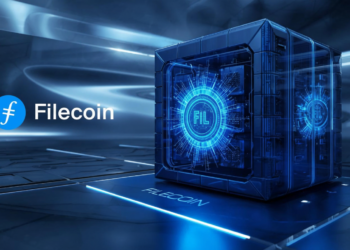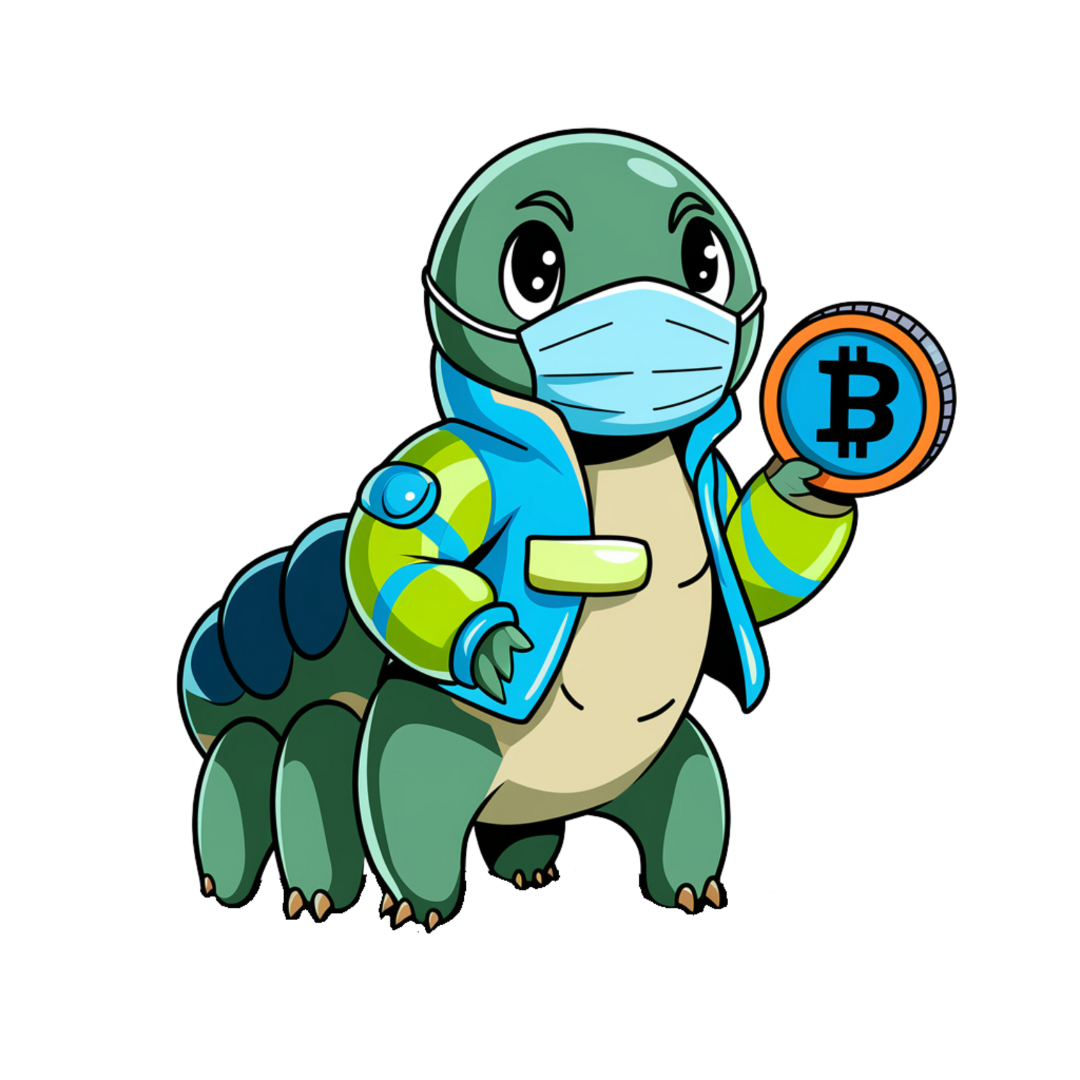Imagine losing thousands of dollars worth of digital assets overnight. A recent GameFi project suffered a major hack, leaving players with empty wallets and shattered dreams. GameFi, the fusion of gaming and decentralized finance, is rising fast. This growth, though, brings significant security risks. These risks come from blending gaming, finance, and blockchain.
This article explores the common security issues in GameFi. We will offer steps to lower these risks. The focus will be on actionable tips you can use right away.
Smart Contract Vulnerabilities
Smart contracts are the backbone of GameFi. Flaws here can lead to devastating results. It’s where many problems originate in the security space.
Reentrancy Attacks
Reentrancy attacks are a major threat. They happen when a contract calls another external contract. The attacker can then “re-enter” the original function before it finishes. This can drain funds from the contract. One GameFi project lost millions due to this very type of attack.
To stop this, use the Checks-Effects-Interactions pattern. Set gas limits. Reentrancy guards are also useful. These tools help to keep contracts safer.
Integer Overflow/Underflow
Integer overflow/underflow is another common issue. It happens when calculations exceed the maximum or minimum value an integer can hold. Attackers can use this to manipulate in-game assets or currency. Imagine turning a small amount of tokens into a huge fortune.
Always use safe math libraries. Code carefully. This will prevent integer overflow/underflow vulnerabilities.
Logic Errors
Flaws in smart contract logic can be exploited. These errors can lead to incorrect reward distribution. Flawed tokenomics can also arise. Thorough auditing and testing is vital.
A security firm can find problems regular developers might miss. Don’t skip this step. It is very important!
Economic Exploits
The design of a game’s economy impacts its security. Poor design invites economic exploits. It can ruin the game’s appeal.
Inflationary Tokenomics
Poorly designed tokenomics can cause hyperinflation. It will devalue in-game assets. Some GameFi projects have struggled with this. Players lose interest when their assets lose value.
Design tokenomics that are sustainable and balanced. Control the supply of tokens. This creates a good economy for your game.
Sybil Attacks
Attackers can create multiple accounts to exploit game mechanics. They can also unfairly earn rewards. This is known as a Sybil attack. It is a common problem in the Web3 space.
Use KYC/AML to verify users. Proof-of-humanity mechanisms can help. Anti-bot measures are useful to protect your game, too.
Market Manipulation
Attackers can manipulate the prices of in-game assets and tokens. This hurts honest players. Regulations can be a challenge to navigate here.
Detect and prevent market manipulation. Monitor trading activity for suspicious patterns. Implement circuit breakers to halt trading during extreme volatility.
Centralization Risks
Centralized aspects of GameFi projects create risks. These single points of failure are easy targets. They can damage a GameFi system.
Admin Key Compromise
A compromised admin key is dangerous. It can lead to malicious actions. The attacker could steal tokens. They could also alter game rules.
Use multi-signature wallets. Implement decentralized governance mechanisms. This will give more people control over important decisions.
Single Point of Failure
Relying on a single centralized server makes a project vulnerable. Attacks or outages can occur.
Decentralization and redundancy are important. Distribute your game’s data across many computers. It keeps things running if one fails.
Data Manipulation
Centralized entities might manipulate game data. This benefits them. It harms players.
Use verifiable data. Keep records on the blockchain. This makes data manipulation harder to pull off.
Phishing and Social Engineering
The human element is often the weakest link. Phishing and social engineering attacks trick users. They give up their credentials or assets.
Fake Websites and NFTs
Attackers create fake GameFi websites and NFTs. Users may unknowingly share sensitive data. They could also buy fake assets.
Check URLs carefully. Verify smart contract addresses. Make sure the website is the real one.
Social Media Scams
Phishing scams and fake giveaways are common on social media. Scammers trick users into clicking malicious links. These links can steal data.
Teach users about common scam tactics. Warn them to be skeptical of offers that seem too good. A dose of skepticism goes a long way.
Impersonation
Scammers impersonate project admins or support staff. They trick users into giving up private keys. They may also ask for seed phrases.
Use secure communication channels. Never share your private keys with anyone. It is a huge risk.
Front-End Vulnerabilities
Vulnerabilities can exist outside smart contracts. These problems affect how users interact with the game. Pay attention to this area.
Cross-Site Scripting (XSS)
XSS attacks compromise user accounts and data. Attackers inject malicious scripts into websites. These scripts steal user data.
Use input validation. Encode output to prevent XSS. These practices will go a long way to secure your site.
Weak Authentication
Weak authentication allows attackers to access user accounts. They can steal assets. They can also disrupt gameplay.
Use multi-factor authentication (MFA). Enforce strong password policies. These things add extra layers of security.
Dependency Vulnerabilities
Outdated front-end libraries cause risks. They expose GameFi projects to security issues.
Update dependencies often. Use security scanning tools. It keeps your game safe from known vulnerabilities.
Conclusion
GameFi offers exciting possibilities. Yet, it faces many security issues. Smart contract flaws, economic exploits, and centralization risks are common. Phishing attacks and front-end vulnerabilities also pose threats.
Proactive security measures are vital. Continuous monitoring is also important. Prioritize security to build a safer ecosystem.
The GameFi security landscape is always changing. We must remain vigilant. By working together, we can build a secure future for GameFi.

























